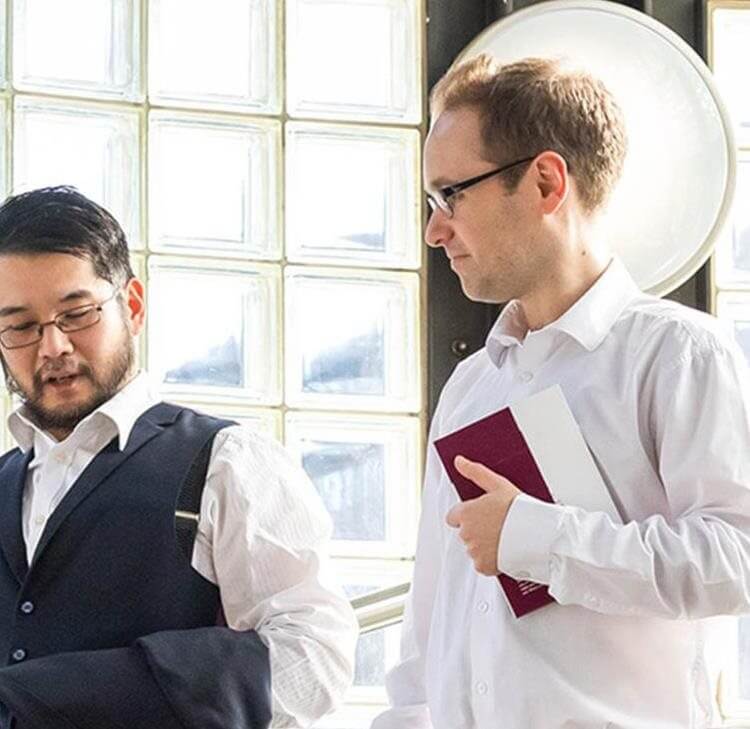There are certain prescribed ways in which you can seek to challenge the validity of a will. In a judgment of February 2024, in the case of Gowling v Ward the most common grounds were all examined by the High Court.
In this case, the five granddaughters of the deceased (Frederick Ward, known as Fred) challenged Fred’s Will from November 2018. At the time Fred made this will, he was approaching his 90th birthday. In his will he left the bulk of his estate to his two children, and in doing so he almost entirely excluded his five granddaughters from receiving any part of his estate.
Fred’s five granddaughters challenged the will, citing four grounds for doing so. They claimed that Fred:
- Did not have the required level of mental capacity for making a valid will;
- Did not understand or approve of the contents of the will;
- Only made the will as a result of “undue influence” being placed on him; or
- Only made the will as a result of Fred’s mind being “poisoned” against his granddaughters.
These four grounds are commonly referred to by lawyers under the following terminology:
- Lack of capacity.
- Lack of knowledge and approval.
- Undue influence.
- Fraudulent calumny.
Gowling v Ward
Ultimately, the claimant’s case failed. They only needed to make out their case in respect of one of the four types of challenge referred to above in order to have the will declared invalid. But the court rejected each challenge in turn.
How do you prove 'lack of capacity'?
When considering whether Fred did have the requisite mental capacity to make a will, the court looked at the test established in the 1870 case of Banks v Goodfellow. In order to have capacity to make a will, a testator must;
“(1) be able to understand the nature of his act i.e. that he is making a will and its effects;
(2) be able to understand the extent of the property of which he is disposing;
(3) comprehend and appreciate the claims [against his estate] to which he ought to give effect; and
(4) not be subject to any disorder of mind as shall “poison his affections, pervert his sense of right, or prevent the exercise of his natural faculties.”
The burden of proof in such a claim usually rests with the claimant.
Based on all the witness evidence that was heard and the opinion of suitable experts on both sides, the court found that, on balance, that burden had not been discharged in this case, and that Fred did therefore have mental capacity when he made his will in 2018.
How do you demonstrate lack of 'knowledge and approval'?
For this part of the claim, the court lent on the judgment in another case (Schrader v Schrader, itself relying on Wharton v Bancroft) for a summary of the relevant law. In essence:
- An assertion that a testator did not 'know and approve' of their will requires the court to consider whether the testator understood what they were doing and the effect of that – in other words, that they were making a will containing certain dispositions – such that the will can be said to represent the testator’s true intentions.
- The burden of proof lies with the person seeking to enter the will for probate to show that the testator 'knew and approved' of the contents of the will.
- But the court can infer 'knowledge and approval' from proof of capacity and proof of correct execution of the will.
- If that happens, the burden of proof then shifts back to the person/persons seeking to challenge the will, to demonstrate that there are circumstances which 'arouse the vigilance' of the court, and that the presumption in favour of knowledge and approval based on capacity and correct execution should not be applied.
- It is not for the person challenging the will to positively to prove that the testator had some other specific testamentary intention. Instead they must show such evidence as leaves the court not satisfied, on the balance of probabilities, that the testator understood the nature and effect of the dispositions in the will.
- Attention to questions of burden of proof can be decisive where evidence is in short supply. But in other circumstances, identifying the burden is simply a tool to enable the court to identify and weigh the relevant elements within the evidence. The ultimate task remains to consider all the relevant evidence available and, drawing such inferences as the judge can from that evidence, to come to a conclusion as to whether or not those seeking to uphold the will in question have discharged the burden of establishing that the document represents the intentions of the testator.
In Gowling v Ward, the court considered all of the evidence and found, on balance, that Fred did have 'knowledge' of the contents of his will and approved of them. The fact his will had been prepared by a solicitor and there was an attendance note confirming Fred had read and understood the contents was, not surprisingly, seen as strong evidence by the court.
What evidence can you use to prove 'undue influence' or 'fraudulent calumny'?
The burden of proof where a party pleads undue influence is much more straightforward; it rests squarely with the party seeking to challenge the will.
In Edwards v Edwards it was said by the court;
“The burden of proving it lies on the person who asserts it. It is not enough to prove that the facts are consistent with the hypothesis of undue influence. What must be shown is that the facts are inconsistent with any other hypothesis.”
It is not enough for the person seeking to challenge the will to show that attempts were made to persuade the testator towards a course of action, or that one person sought to be treated more favourably than other potential beneficiaries. What must be shown instead is sufficient pressure that overpowers the testator’s own volition, without convincing the testator’s judgment.
With fraudulent calumny, a will can be set aside if it can be shown that person A “poisons the testator’s mind” against person B (somebody who would have benefited otherwise) by casting dishonest aspersions upon them.
In Gowling v Ward the court found the evidence did not even 'come close' to establishing a claim based on undue influence or fraudulent calumny, despite ten separate factors being cited by the claimants as evidence of these claims.
Thoughts
This case was a good example of the importance of evaluating your evidence thoroughly. Often it can feel like, for example, undue influence would be a good challenge to a will, but the factual and expert evidence might be far from compelling. Taking specialist advice on inheritance disputes at an early stage will always be a good step.
Another point should be apparent from this case as well; a lot of bad claims do not always add up to make a strong claim.
Key contact

Daniel Edwards
Partner
daniel.edwards@brownejacobson.com
+44 (0)330 045 2533





















